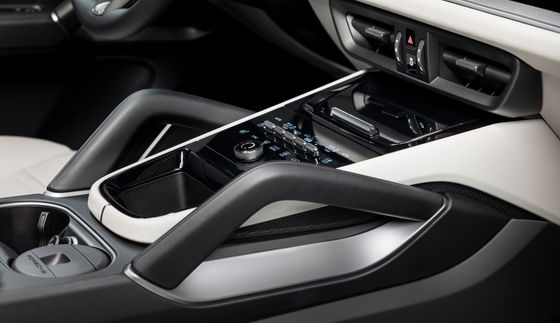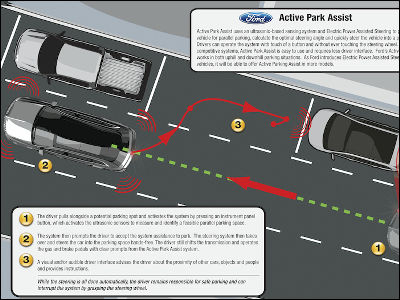Automakers admit that users hate touch panels and begin a return to buttons

In automotive in-vehicle infotainment systems, touch panels have been shown to
Carmakers like VW are bringing back buttons because drivers loathe all the touchscreens.
https://slate.com/business/2023/04/cars-buttons-touchscreens-vw-porsche-nissan-hyundai.html

The use of touch panels in in-vehicle infotainment systems has spread rapidly over the past decade. Slate points out that the trigger was adoption by Tesla.
It seems that Tesla adopted a touch panel because it aimed for a 'tablet with wheels', but in addition to this, cost issues are also cited. In the case of a touch panel, it can be procured for less than $ 50 (about 6800 yen), so it will be cheaper than providing individual physical buttons.

As long as you operate your smartphone at hand, you don't often feel that 'physical buttons are better than touch panels'. However, while driving a car, you can realize that the operation of the touch panel requires visual confirmation. A survey by the non-profit organization AAA Foundation found that touch panel operation has the effect of distracting the driver's attention for up to 40 seconds.
Automotive journalist Matt Farrar said, ``Ironically, everyone accepts that operating a mobile phone while driving is dangerous, but from $ 40,000 (about 5.45 million yen) to 300,000 A dollar (about 40.9 million yen) car has an iPad embedded in the dashboard, and no one complains about using that iPad while driving.' .
The problem of the touch panel is also recognized by the US Department of Transportation Highway Traffic Safety Administration (NHTSA), and in 2013, 'One infotainment system task can be completed in less than 2 seconds (up to 12 seconds in total)' We are issuing recommended guidance. However, there were no penalties for manufacturers' violations.
A recent study revealed that even in the early 2010s, when infotainment systems were not yet equipped with functions,
Perhaps automakers can no longer ignore the backlash to the touch panel, Porsche has completely touched the touch panel in the 2023 model Taycan, but the 2024 model Cayenne has revived the physical button.

Thomas Schaefer, director of Porsche's parent company, Volkswagen AG, acknowledged that users complained about adopting touch buttons for Volkswagen's steering wheel, and returned to physical buttons.
VW Is Bringing Back Steering Wheel Buttons, Dropping Awful Touch Controls
https://www.thedrive.com/news/vw-brings-back-steering-wheel-buttons-after-many-customers-complain
In addition, Nissan and Hyundai have continued to adopt physical buttons from the beginning.
Related Posts:
in Vehicle, Posted by logc_nt







